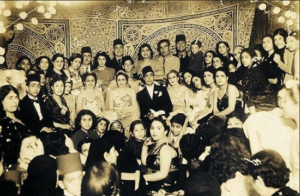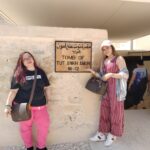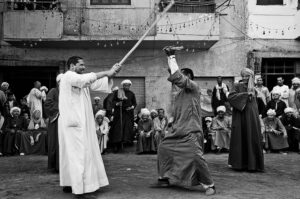 ًWith Travel The Nile, We will tell you about Traditions and Customs of the Egyptians. Egypt is one of the world’s most captivating destinations, famous for its pyramids, temples, and the timeless River Nile. But beyond the monuments lies a vibrant culture shaped by centuries of traditions and customs. Egyptian society blends ancient Pharaonic heritage, Islamic traditions, and modern influences, creating a unique way of life that leaves visitors amazed.
ًWith Travel The Nile, We will tell you about Traditions and Customs of the Egyptians. Egypt is one of the world’s most captivating destinations, famous for its pyramids, temples, and the timeless River Nile. But beyond the monuments lies a vibrant culture shaped by centuries of traditions and customs. Egyptian society blends ancient Pharaonic heritage, Islamic traditions, and modern influences, creating a unique way of life that leaves visitors amazed.
1. Egyptian Hospitality: The Guest is Always Honored
Hospitality is a cornerstone of Egyptian culture. Visitors are warmly welcomed into homes, shops, or even on the street. Offering tea, coffee, or a meal is considered a sign of generosity and respect. This tradition reflects the famous Egyptian saying: “El dayf 3ala rāsna” — “The guest is on our head,” meaning guests are always cherished.
2. Family Values in Egypt
Family life is central to Egyptian society. Large families often live close together, and gatherings are common, especially during religious festivals and weddings. Respect for elders is deeply ingrained, with younger generations looking to them for guidance and blessings.
3. Religious Customs and Celebrations
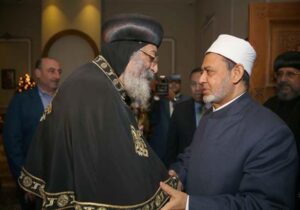
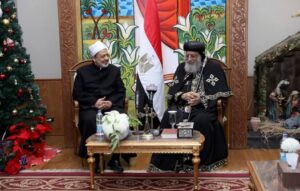
Religion plays a major role in shaping Egyptian traditions:
-
Islamic Traditions: Daily prayers, modest dress, and charity reflect core values. During Ramadan, families fast from sunrise to sunset and break their fast with joyful meals called Iftar.
-
Christian Traditions: Egypt’s Coptic Christian community celebrates Christmas on January 7th and Easter with unique local customs.
This religious diversity adds richness to Egyptian culture.
4. Egyptian Weddings and Festivities
Weddings in Egypt are vibrant celebrations filled with music, dancing, and age-old traditions. The Zaffa procession—featuring drums, horns, and singers—kicks off the party. Families and friends gather to dance, feast, and celebrate the new couple, blending ancient customs with modern style.
5. Egyptian Cuisine and Dining Customs
Food is at the heart of Egyptian traditions. Meals are often shared, symbolizing unity and friendship. Popular dishes include:
-
Koshari – a national dish of rice, pasta, lentils, and tomato sauce.
-
Ful Medames – slow-cooked fava beans often eaten for breakfast.
-
Molokhia – a green soup made from jute leaves, usually served with rice or bread.
- Bread (aish) is considered sacred, symbolizing life itself.
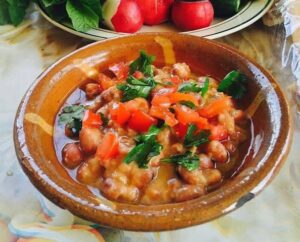



6. Festivals and Folklore
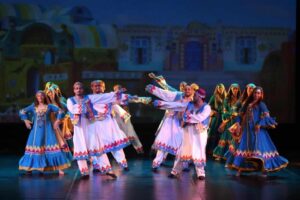
Egypt celebrates both religious and cultural festivals. One of the oldest is Sham El-Nessim, dating back to Pharaonic times. Families spend the day outdoors, enjoying salted fish, green onions, and colored eggs. Folklore also thrives through traditional music, storytelling, and folk dances like the Tanoura (whirling dance).
7. Egyptian Dress and Etiquette
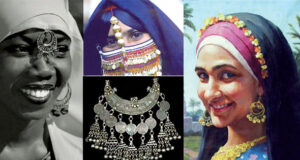
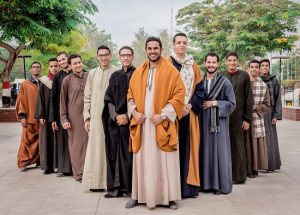
While modern clothing is common, traditional garments such as the galabeya are still worn, especially in rural areas. Modesty is valued in dress, particularly in religious spaces. Greetings are warm and respectful; a smile, handshake, and the phrase “Ahlan wa sahlan” (Welcome) are customary.
8. Conclusion
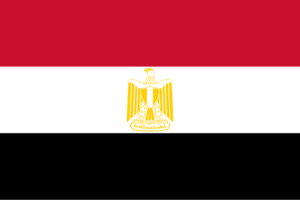 Egypt’s traditions and customs are a vibrant reflection of its history, faith, and community spirit. From heartfelt hospitality and festive weddings to delicious cuisine and ancient festivals, Egyptian culture offers a unique experience that goes far beyond its monuments.
Egypt’s traditions and customs are a vibrant reflection of its history, faith, and community spirit. From heartfelt hospitality and festive weddings to delicious cuisine and ancient festivals, Egyptian culture offers a unique experience that goes far beyond its monuments.
For travelers, embracing these traditions is the key to understanding the real Egypt—a land where the past and present come together in everyday life.

